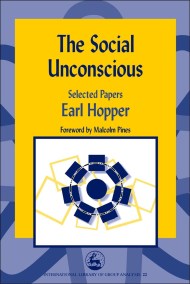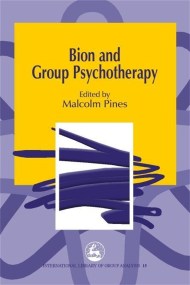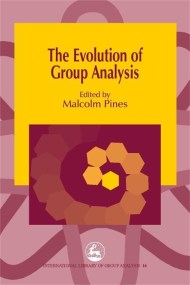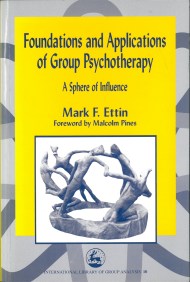This book leads the author clearly and smoothly to a natural acceptance of the power of the group as therapist. The author’s extensive experience in the field, together with her academic training and curiosity, has enabled her to weave the contributions of past and present theorists and practitioners into her thesis with masterful ease. No pretentious professional jargon obstructs our immediate grasp of the material; she builds her arguments from the basic to the sophisticated in clear and simple language, accessible to all.’
– Israel Journal of Psychiatry
‘This is a brilliant exposition written in a deceptively simple style. It is a must!’
– Patrick de Mar
‘Slowly group-analytic ideas and methods are contributing to the humanizing of psychiatry and to the great good of civil society. This book is a contribution to that process.’
– Malcolm Pines
In this clear and accessible text, Rachael Chazan argues the case for the classical analytic group and demonstrates its potential benefits. She applies the model to couples and multiple family groups, and groups with psychotic and borderline personalities, using illustrations from her own extensive clinical experience. In the final chapter she examines the role of the analytic group in ethical relating, and the development of a sense of justice and moral sensitivity in the light of the theories of Money-Kyrle and Piaget. Her thought-provoking conclusion is that the analytic group differs from Kant by replacing his listed codes of duty with empathy and reciprocity.
– Israel Journal of Psychiatry
‘This is a brilliant exposition written in a deceptively simple style. It is a must!’
– Patrick de Mar
‘Slowly group-analytic ideas and methods are contributing to the humanizing of psychiatry and to the great good of civil society. This book is a contribution to that process.’
– Malcolm Pines
In this clear and accessible text, Rachael Chazan argues the case for the classical analytic group and demonstrates its potential benefits. She applies the model to couples and multiple family groups, and groups with psychotic and borderline personalities, using illustrations from her own extensive clinical experience. In the final chapter she examines the role of the analytic group in ethical relating, and the development of a sense of justice and moral sensitivity in the light of the theories of Money-Kyrle and Piaget. Her thought-provoking conclusion is that the analytic group differs from Kant by replacing his listed codes of duty with empathy and reciprocity.
Newsletter Signup
By clicking ‘Sign Up,’ I acknowledge that I have read and agree to Hachette Book Group’s Privacy Policy and Terms of Use



















